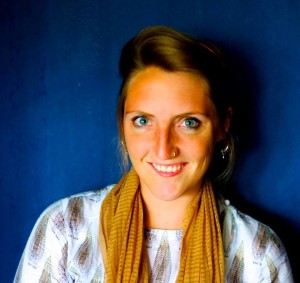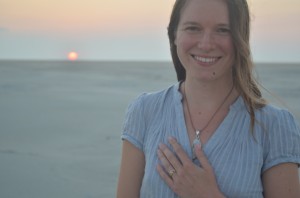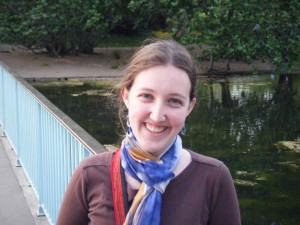This post is written in conjunction with the “Becoming a Public Scholar-Activist” course and is directed by Monica A. Coleman.
Is America a Christian nation? Can we truly our faith to work? Isn’t it true that the two topics you cannot discuss at work are religion and politics? Is religion really the motivating factor in the majority of violence? If you have these or similar questions, Miroslav Volf’s, A Public Faith: How Followers of Christ Should Serve the Common Good, is the perfect primer to start or continue a conversation on Christian faith and how to interact with the world.
Volf is writing as a Christian to other Christians. The book is broken into three sections: first, the areas of faith malfunction; second, what should the main concern of Christian interaction in the world be; and finally, how should Christians go about realizing a vision of living well in a multi-faith world (or in a single state). Let’s unpack Volf’s definition of “world.” Volf seems to define world as the everyday interaction of people within communities. I would expand “world” to include all of creation, but that is outside the scope of this post.
Volf describes faith malfunctions as issues of ascent and return. Christianity, as a prophetic religion (over and against mystic religions) that aims to “transform the world in God’s name rather than to flee from the world…” (7), must have continuous movements of ascent and return. As the believer ascends (think Moses on Mount Sinai) there is reception of something from/of God; and then the individual returns (think Moses returning with the Tablets… no, not an IPad) with new creativity. If either one of these steps is missing Volf describes it as a malfunction. An ascent malfunction is essentially adding a veneer of god-language onto a program that was not given by God, and a return malfunction occurs with sin(s) of omission and commission – there is idleness of faith.
The most important function of Christian character is the hope embedded in human flourishing. Volf masterfully distinguishes between Christian hope and mere satisfaction. Drawing from his mentor, Jürgen Moltmann, he defines hope as the expectation of good things that come as a gift from God. It is not merely the happiness we feel; rather, it is the deep-seated eschatological hope and trajectory of the kingdom of God giving birth to something new.
So… How do we take this hope into the real world? I am most concerned about the pluralism section as that should be a focus for all Christians in an increasingly diverse country, and a couple of ideas struck me:
1. “The world has always been a very religious place, and by all appearances, it will continue to be in the foreseeable future;” (119)
2. Christian communities need to accept that we are members at the table, not owners of the table.
Interreligious dialogue isn’t new. Therefore, the vitriolic fear of the religious other has no place in our daily life. It reminds me of the Israelites moaning about wanting to go back to Egypt in the Exodus narrative; Moses was baffled wondering, why they would want to go back to slavery? I think it is an apt analogy because we have already been fearful – why go back! We have already marginalized other religions; therefore, isn’t it time to embrace the other? We do not own the table – this is not a Christian country – and we have the same role at the table as everyone else. In my Christian tradition, we have already lived in what Diana Eck refers to Protestant chauvinism, so isn’t it time to actually live better?
Volf prepares Christians to go back into the world, but there are still questions. For instance, Volf sweeps all manifestations of wisdom and truth into the Wisdom personified as Jesus Christ. He is honest that this won’t go over very well in a conversation, but the book does not expand to discuss the implications of these conversations.
I am a first year Ph.D. Student in practical theology at Claremont Lincoln University studying spiritual care and counseling. Vocationally, I am a hospital chaplain in Long Beach, CA, as well as an Army Reserve chaplain. Continue the conversation on Twitter @Joshtmo.











